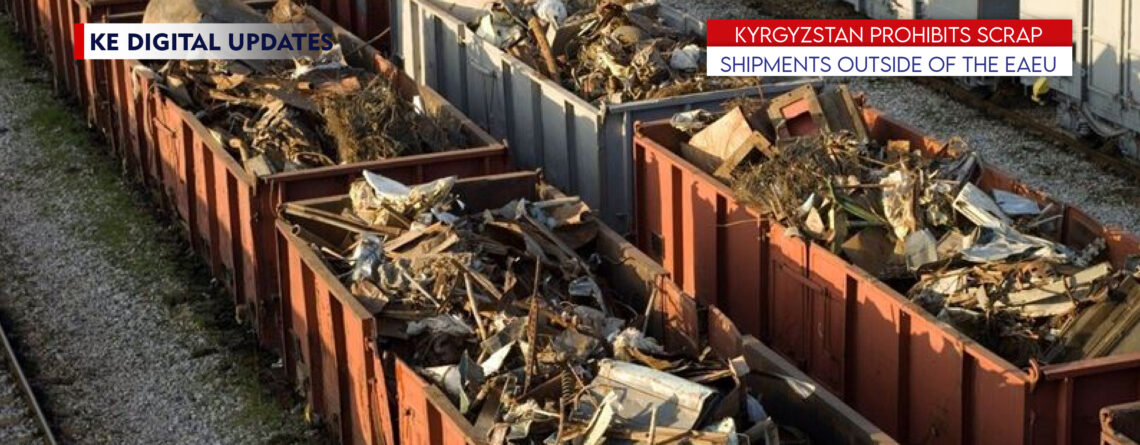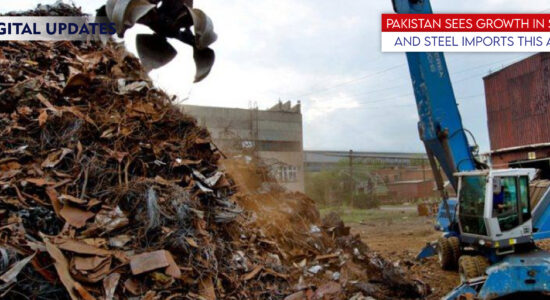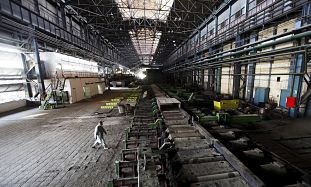Kyrgyzstan’s government has reinforced its commitment to ensuring the availability of essential raw materials for local industries by extending a temporary ban on the export of ferrous metal scrap, waste, and ingots to non-Eurasian Economic Union (EAEU) countries. This decision, which takes effect immediately, will remain in place until September 18, as announced by the cabinet of ministers.
Background of the Ban
The initial ban was implemented in August of the previous year. The primary objective was to prevent the outflow of critical raw materials, which are indispensable for the manufacturing sector within Kyrgyzstan. By restricting exports, the government aimed to mitigate potential shortages faced by local producers. This proactive measure was necessary to stabilize the supply chain and strengthen the country’s industrial base.
EAEU Membership
Kyrgyzstan is a member of the Eurasian Economic Union, along with Armenia, Belarus, Kazakhstan, and Russia. Within this customs territory, member states cooperate to promote economic integration and streamlined trade policies. However, exports of ferrous scrap metals to destinations beyond the EAEU could hinder the growth of Kyrgyzstan’s domestic manufacturing sector—a concern the government has been keen to address.
Scope of the Ban
The restriction specifically applies to ferrous metal scrap, waste, and ingots—resources that are critical for industries such as steel production, construction, and various forms of heavy manufacturing. By prioritizing domestic consumption, the government seeks to optimize resource utilization and drive industrial development within the country.
Impact on Local Producers
Local industries stand to benefit significantly from this policy extension. Steel manufacturers, construction companies, and other businesses dependent on ferrous metals can operate with greater certainty, knowing that essential raw materials will remain available for production purposes. This move aligns with Kyrgyzstan’s broader economic strategy to enhance self-sufficiency and promote sustainable growth.
Looking Ahead
The ban’s extension reflects Kyrgyzstan’s commitment to balancing regional trade agreements with national interests. As the September 18 deadline approaches, stakeholders will closely monitor whether further measures will be necessary to ensure the continued success of this initiative. Meanwhile, other EAEU member states may view Kyrgyzstan’s policy as a model for safeguarding essential resources within their own borders.






Leave a Reply